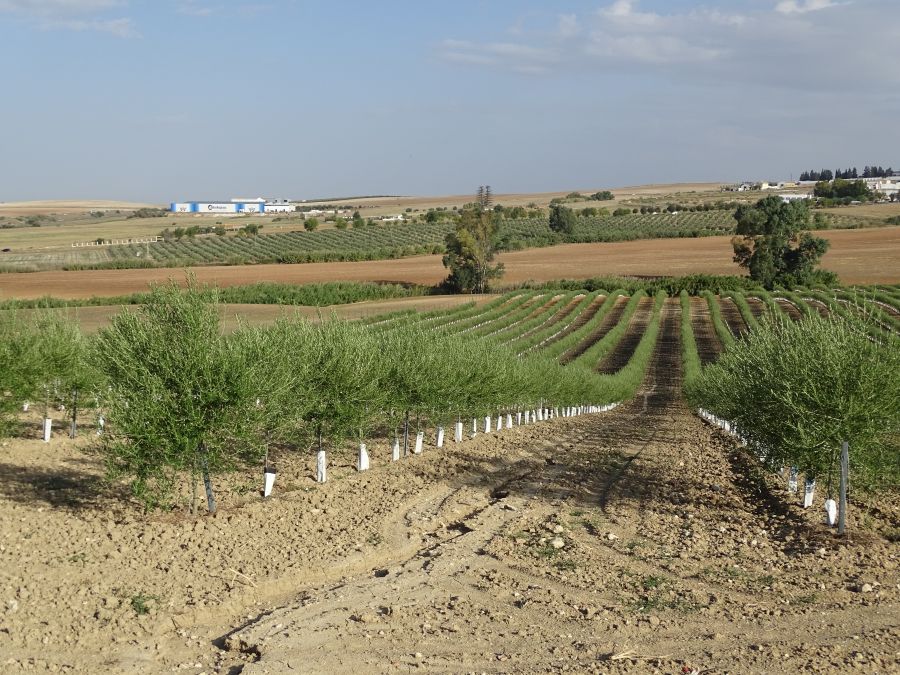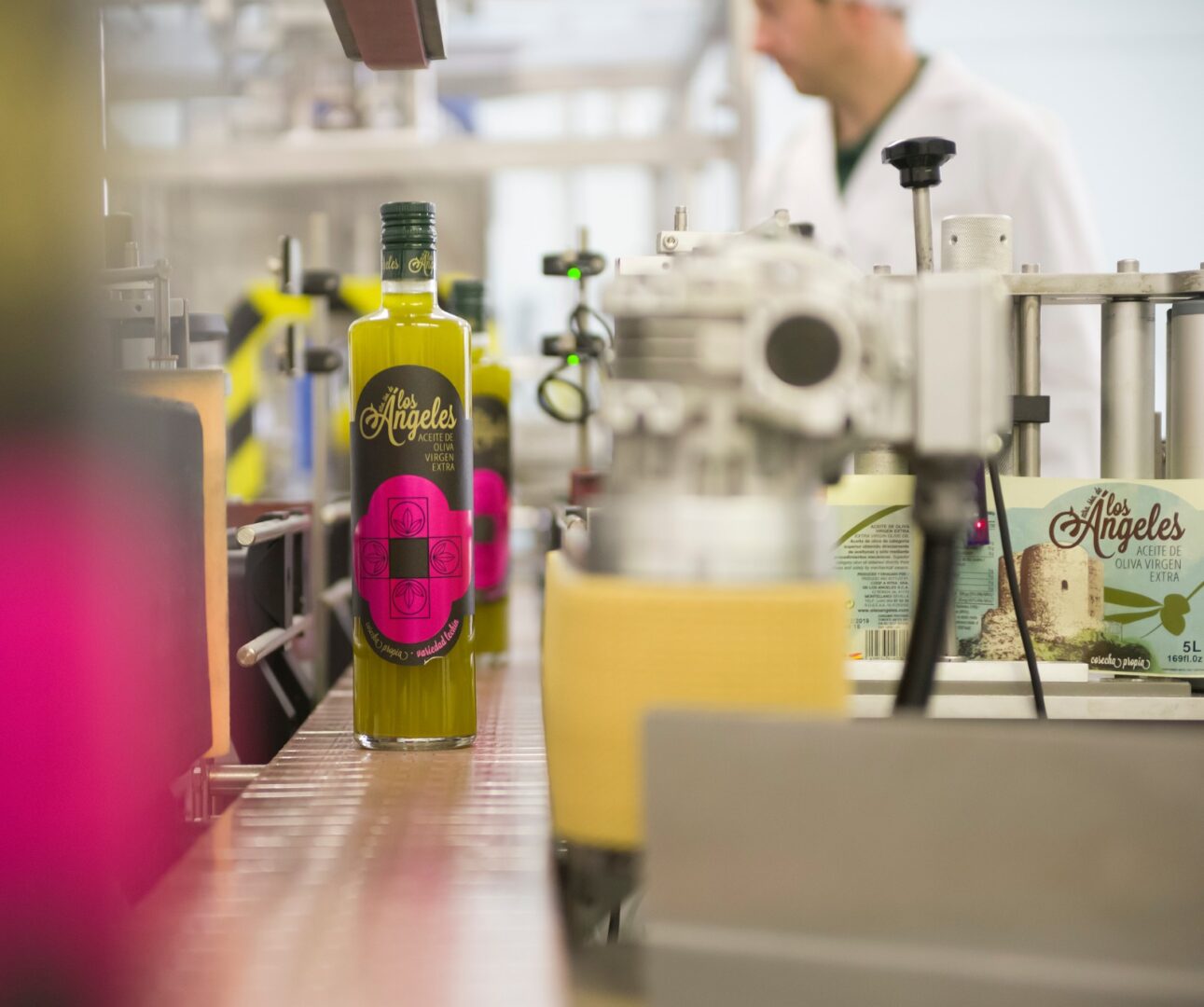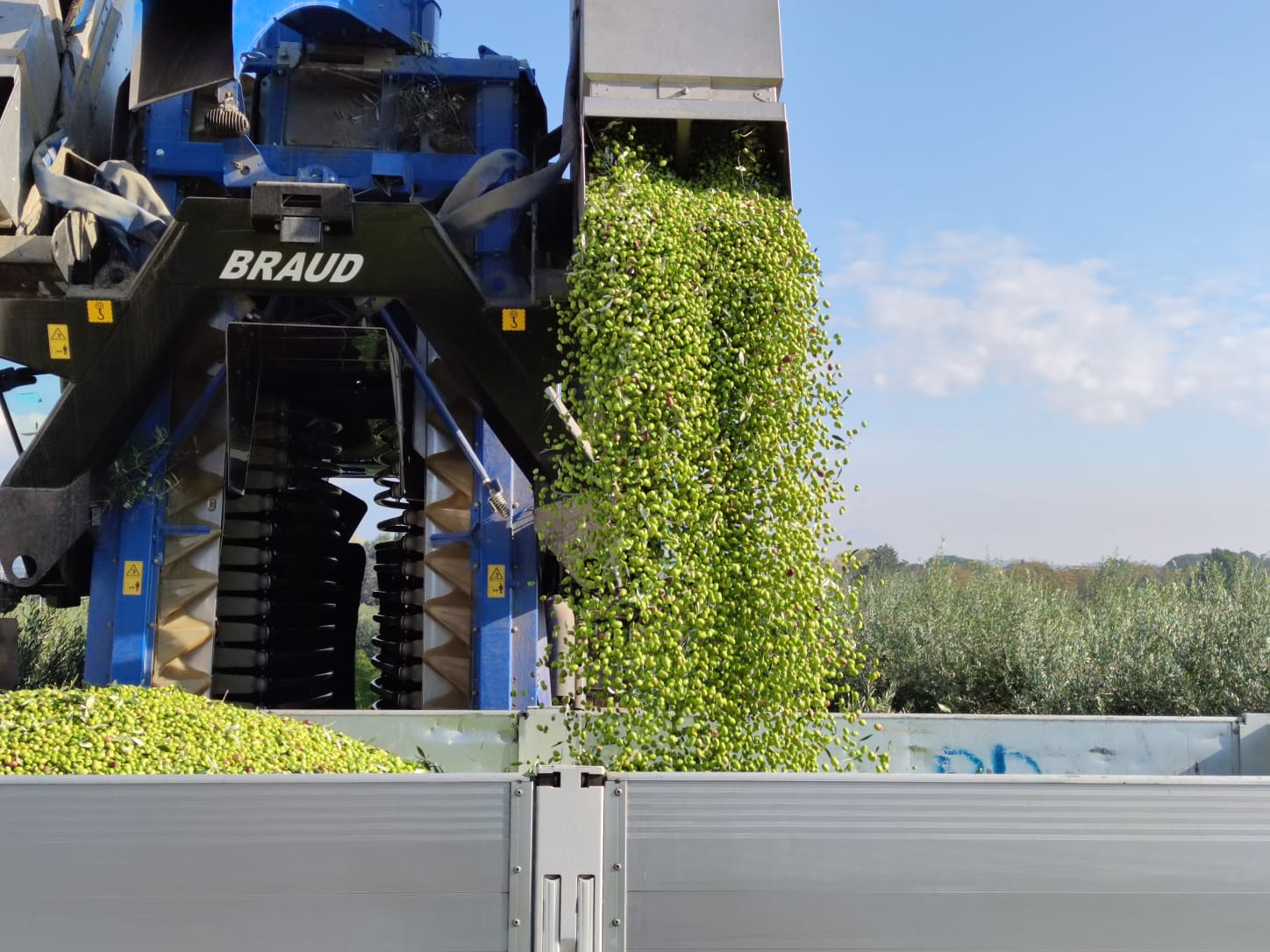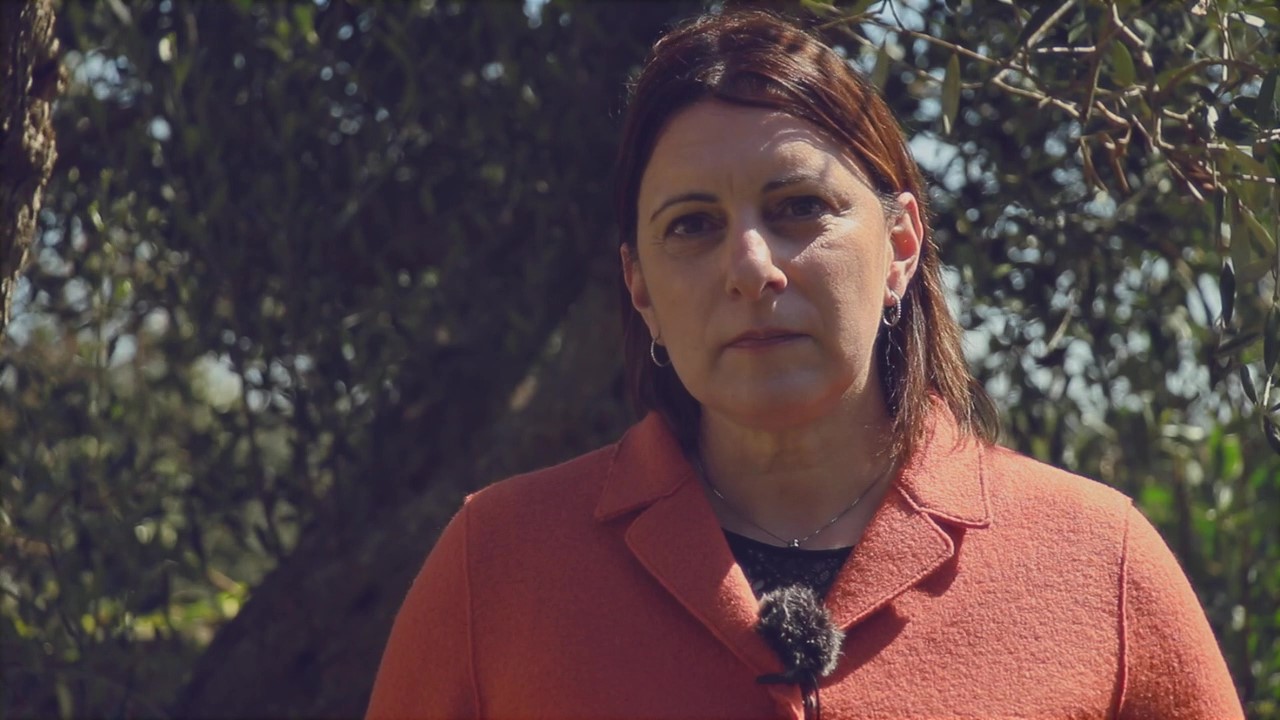"Lecciana will convince those who did not decide to bet on it in the past"
We speak with Jose Manuel Sánchez, a farmer and advisor to the Cooperative (Seville)
In the cooperative, you have opted for a transformation process to switch from traditional olive groves and cereal and sunflower plantations to new olive management systems. What is the reason for this process?
We are well known for the production of mountain oils, oils made from varieties such as Lechín, Hojiblanca, Sevillana, and Manzanilla. These varieties used to represent 95% of the olive groves in the area and with which the cooperative worked. In the mid-70s, large areas of olive trees began to be uprooted in countryside and plain areas, leaving only the olive trees on hills and more mountainous areas.
In the early 90s, olive groves were replanted, already in intensive models, with varieties such as Picual and Hojiblanca, while Lechín continued in the mountains. Different varieties were then planted in the same plots, a kind of natural coupage, which differed from the monovarietal Lechín.
Then Arbequina came in, a variety we considered a gourmet oil. Arbequina also entered intensive cultivation and currently represents 70% of the plantations, causing the decline of other varieties, especially Lechín, which now represents 10%.
When did Lecciana appear in the cooperative's plans?
About 5 years ago, we decided to bet on the recovery of Lechín, as its oils are of high quality, with high phenol content and good yield, and represent a differentiating point for the cooperative and its products. We then began to think about how to give importance to this variety again. During this process, we came across Lecciana and saw that it might be the solution we were looking for.
We started tasting oils, monitoring Lecciana farms, and about two years ago we decided to promote the cultural change in the area, that is, to introduce super-intensive dry farming into the cooperative’s and its members’ plans. Our bet has been to introduce the variety in all the cooperative’s lands: in plains, slopes, and hillsides.
The reception has been very high, we had about 200 hectares agreed upon, but due to drought and rains, a little more than 100 plantations were finally carried out, always in small plots of 7 or 8 ha. There have also been farmers who did not want to venture and planted Arbosana and Arbequina.
On the other hand, I think they are a reference for those who do not know the model or have not dared to bet on it: the areas where we have planted are very visible, they can be seen from the roads and from afar. To date, people are delighted with the behavior of the variety.
“Phenomenal adaptation to the lack of water, strong rooting, and great resistance to common diseases”

What factors convinced you to start planting Lecciana?
Mainly it was the ability to adapt to our area’s lands and its management and harvesting that made us choose this variety. A few years ago, during the process we started to recover Lechín, we encountered many members and farmers reluctant to the idea.
The fact of replanting Lechín, despite the quality of its oils, scared the farmers a bit, as it has a weeping and very rustic habit that makes both management and harvesting very difficult.
At that moment, Lecciana appeared, which has everything we were looking for in Lechín: a phenomenal adaptation to the lack of water, strong rooting, and great resistance to common diseases, with the added advantage that management is much more manageable and, therefore, the harvesting of the olives.
And what about the oil?

What production of Lecciana oil is expected for the next campaign?
Do you open the door to the diversification of varieties adapted to hedge cultivation?
Many people ask about this and other varieties, fleeing from traditional olive groves.
The members are practically convinced, the problem is the climate, which does not help us to start the planting process of a new system. Prices also affect decision-making; in normal years when the situation stabilizes, hedge varieties will undoubtedly be everyone’s bet.
For our part, we bet on planting it in the mountains and adapting the cultivation to all the slopes and types of soil we have







